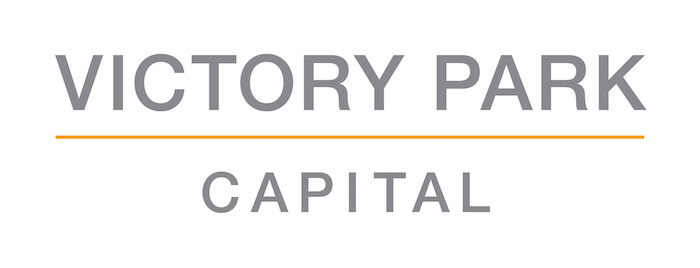Evolution. Maturity. Growth spurt. Those are the terms one might use to describe Litigation Finance in 2017. The industry saw a flurry of activity that would make any beehive jealous: Markets opened, funds raised, legal precedents established, and a host of new entrants already looking to disrupt the lit fin industry, which itself is in the midst of disrupting one of the oldest institutions on the planet.
So let’s take a look back at how Litigation Finance ‘took off the training wheels,’ and properly came of age in 2017…
First, let’s state the obvious: As litigation costs have soared globally, more and more companies and law firms are turning to third party funding to finance their legal claims. While legal questions remain over issues concerning disclosure, enforceability, privilege, and costs and security for costs, generally courts have held a favorable view towards third party funding, with rare exceptions.
Globally, litigation finance is on the march. New markets opened in Singapore and Hong Kong, international arbitration is cementing its presence in Brazil, and funders are opening shop in countries all around the world, from New Zealand to Canada and everywhere in between.
In terms of the funding specifics, Burford Capital – the world’s largest litigation funder – conducted a 2017 Litigation Finance Survey. Their findings show the most requested types of financing by practice area:
- IP/Patents
- Contract
- Business Torts
- Asset Recovery
- International Arbitration
- Monetization Of Pending Legal Receivables
- Bankruptcy/Insolvency
- Antitrust/Competition
- Securities
- Fiduciary Duty
- Fraud
- Tax Disputes
Notably, over the last 12 months, among AmLaw 100 ranked firms, 74 made at least one request for financing from Burford or represent a client who did. Burford also tops the list in terms of fundraises, having launched a $500MM investment vehicle in 2017.
Not to be outdone, Chicago-based Longford Capital also raised $500MM, the largest such fund in North America. IMF Bentham raised an aggregate $350MM over 3 fundraises – all taking place in 2017. And other firms such as LexShares and Pravati Capital both raised investment vehicles.
New entrants, both large and small, also made a splash in 2017. Nick Rowles-Davies launched his long-awaited fund, Chancery Capital, and boutique shops like TownCenter Partners expanded their presence nationwide. Meanwhile, 2017 also saw the expansion and launch of potential industry disruptors, like CrowdJustice (which expanded from the UK into the US), Facebook Personal Fundraising (which launched this year and has the potential to disrupt consumer legal funding), and of course, Legalist, which has been making highly-publicized moves to attract attention and gain market share. Peter Thiel – the ‘Godfather of Litigation Finance‘ (I’m trying to coin that… if it catches on, you heard it here first!) – invested in the Silicon Valley-based startup, which aims to disrupt the lit fin industry by using algorithms instead of lawyers. Think about that: Litigation Finance is disrupting the world’s legal system, and now a startup is trying to disrupt the disruptor!
But wait – I’ve saved the best for last! 2017 is also the year that the FIRST AND ONLY dedicated news source to the litigation finance industry opened its doors. Any idea who I’m talking about…?
NO???
Well here’s a nifty article that might help jog your memory…
All said, 2017 was a turning point. This is the year that lit fin finally went mainstream. Everyone from in-house counsel to private practice litigators to Wall Street investors to lawmakers around the world are perking up and taking notice. We’re excited for what 2018 has in store, and eagerly anticipating the industry’s inevitable expansion both in the United States and globally.
Here’s to a memorable 2017, and to even bigger news stories on the horizon…
Happy 2018 everyone!!





